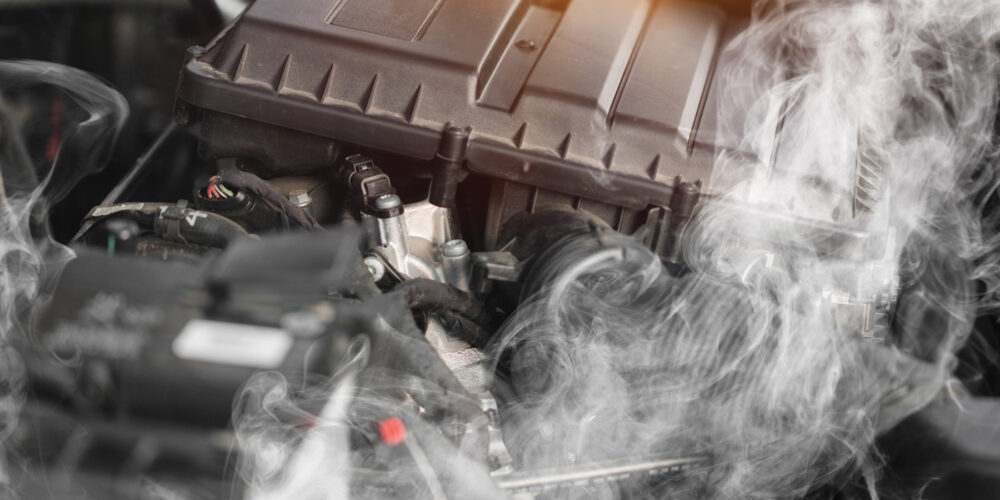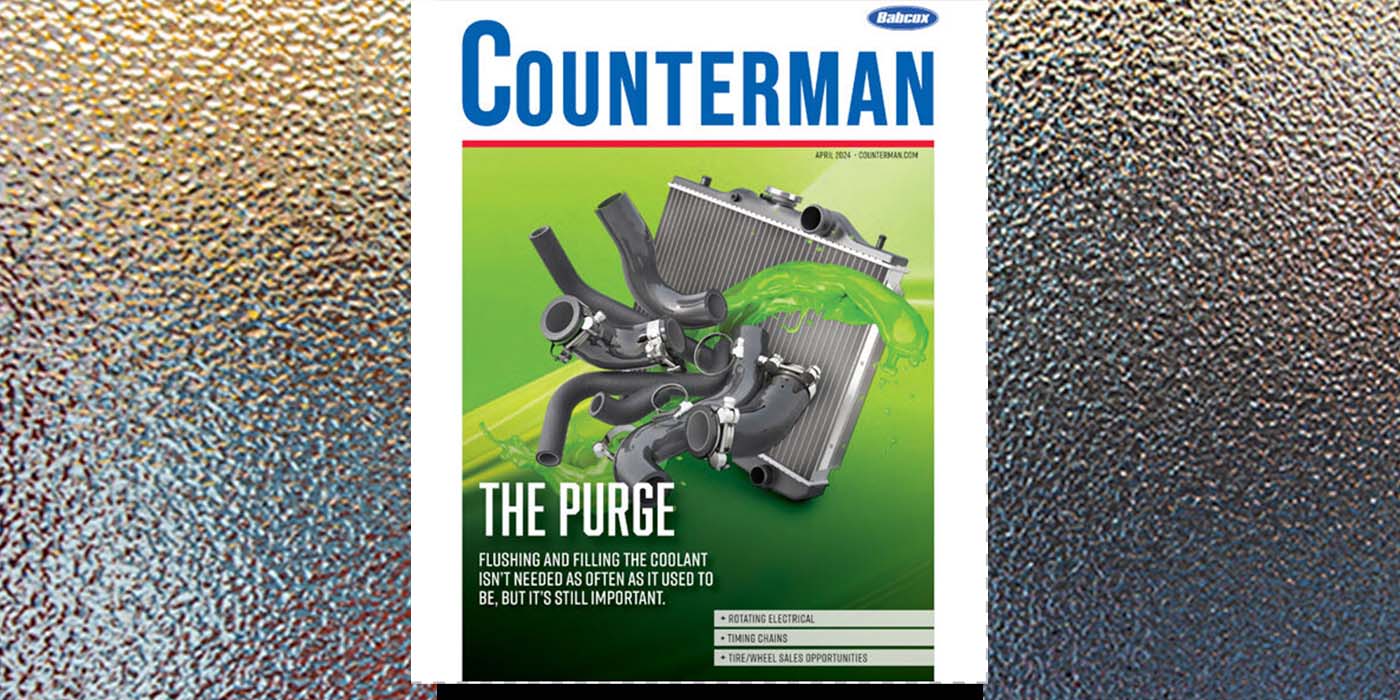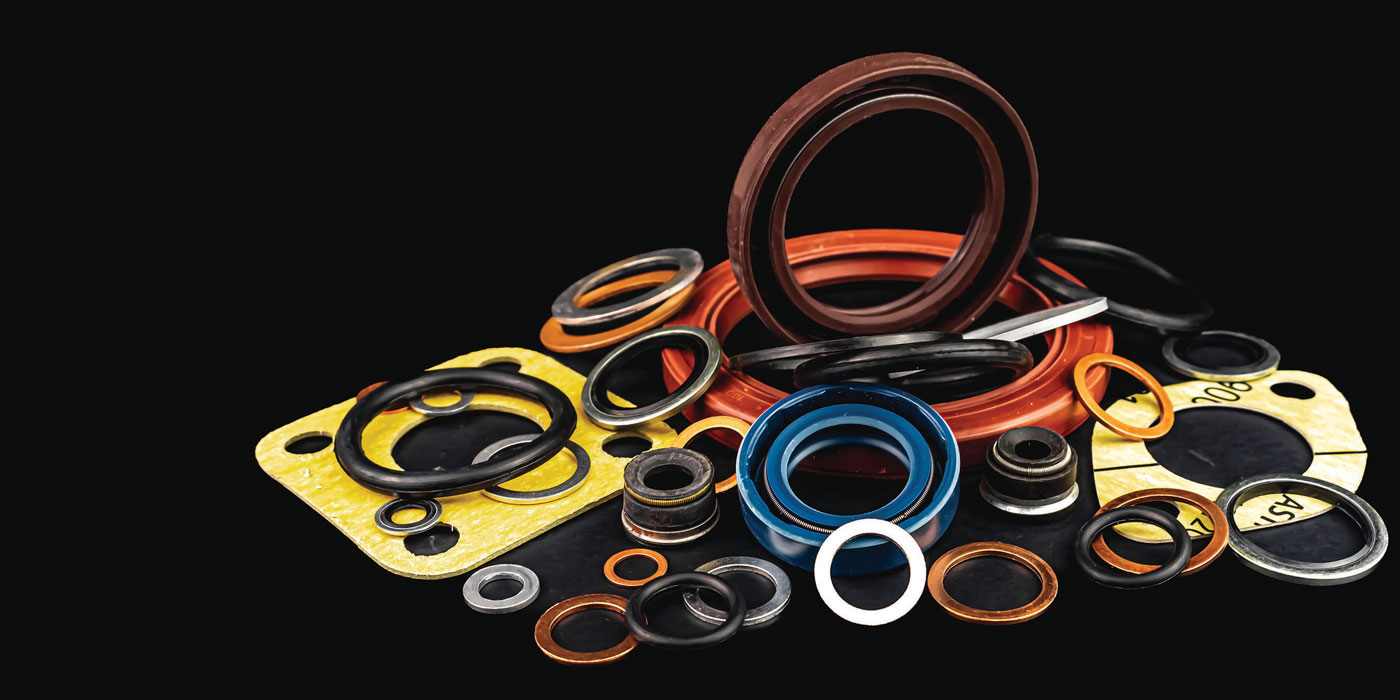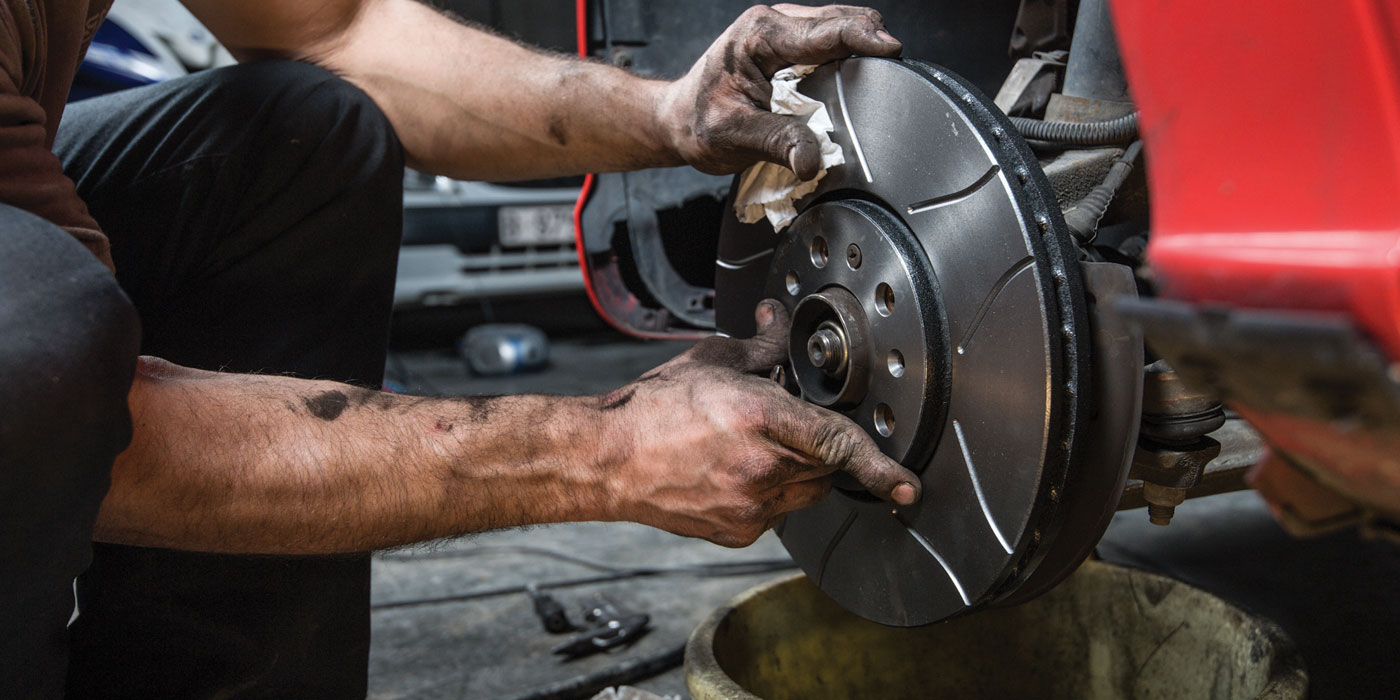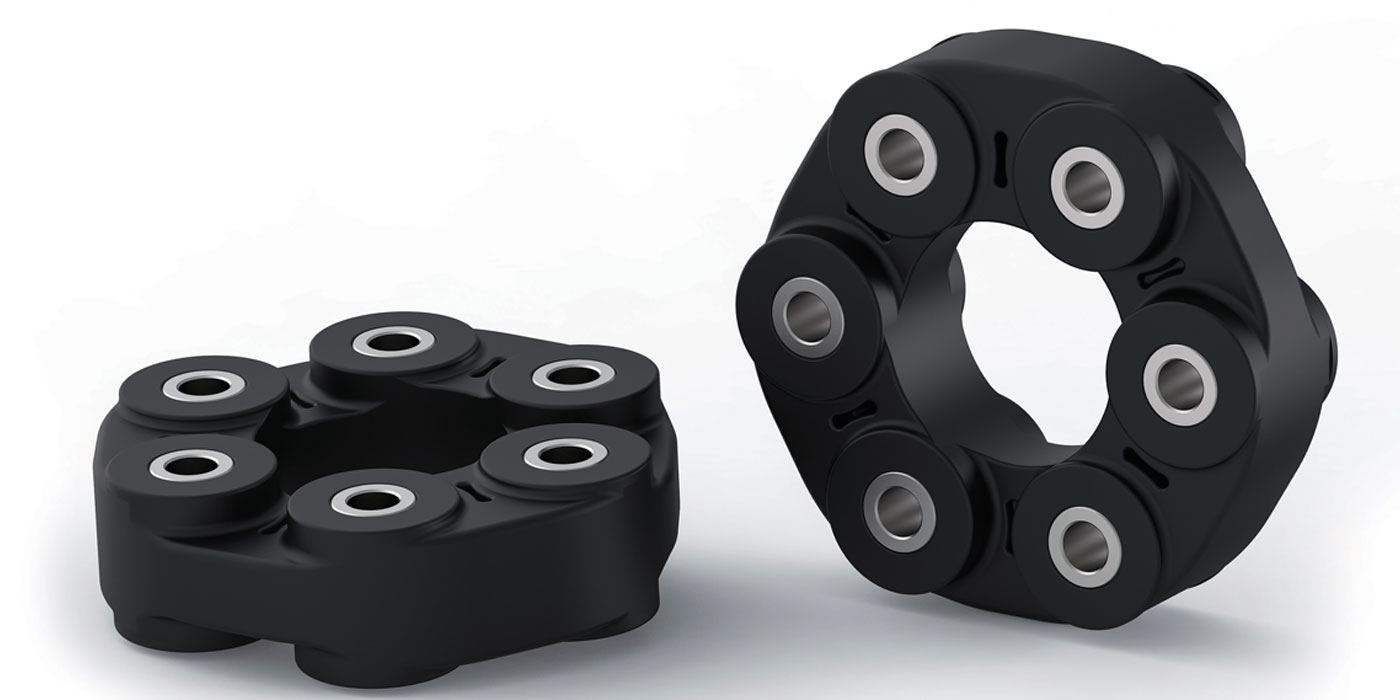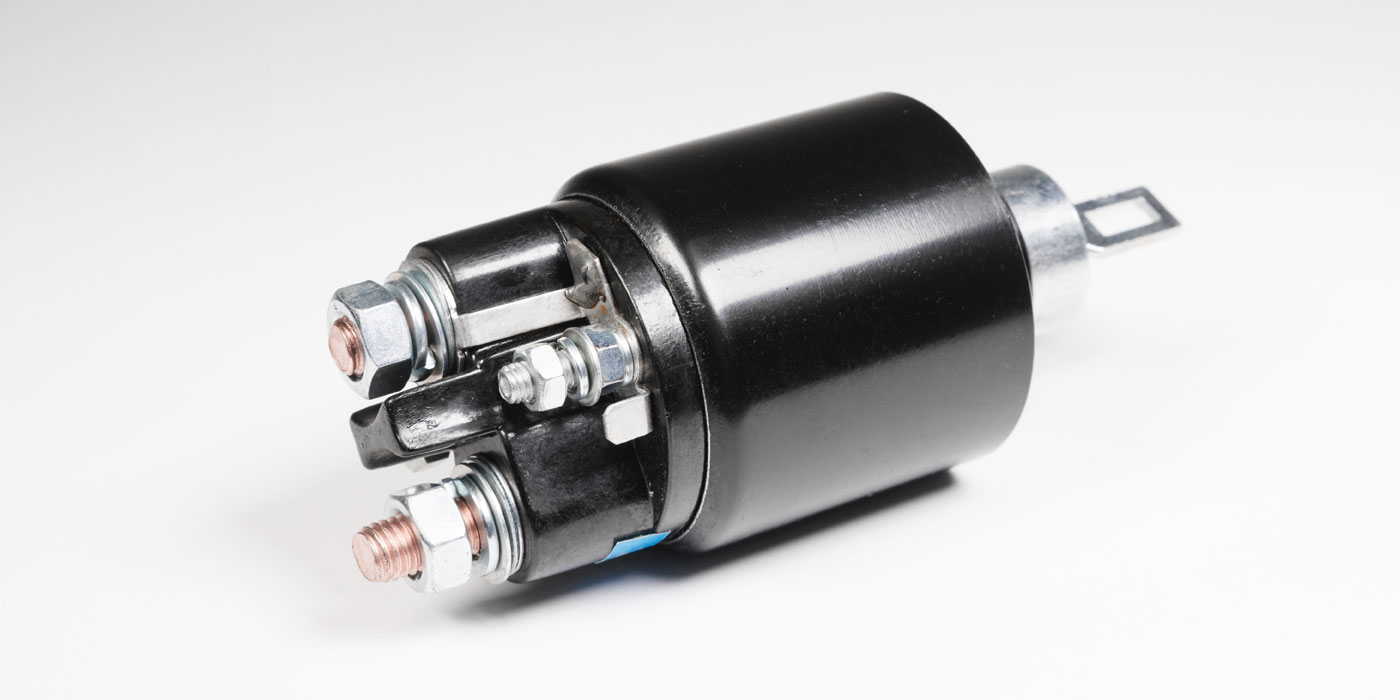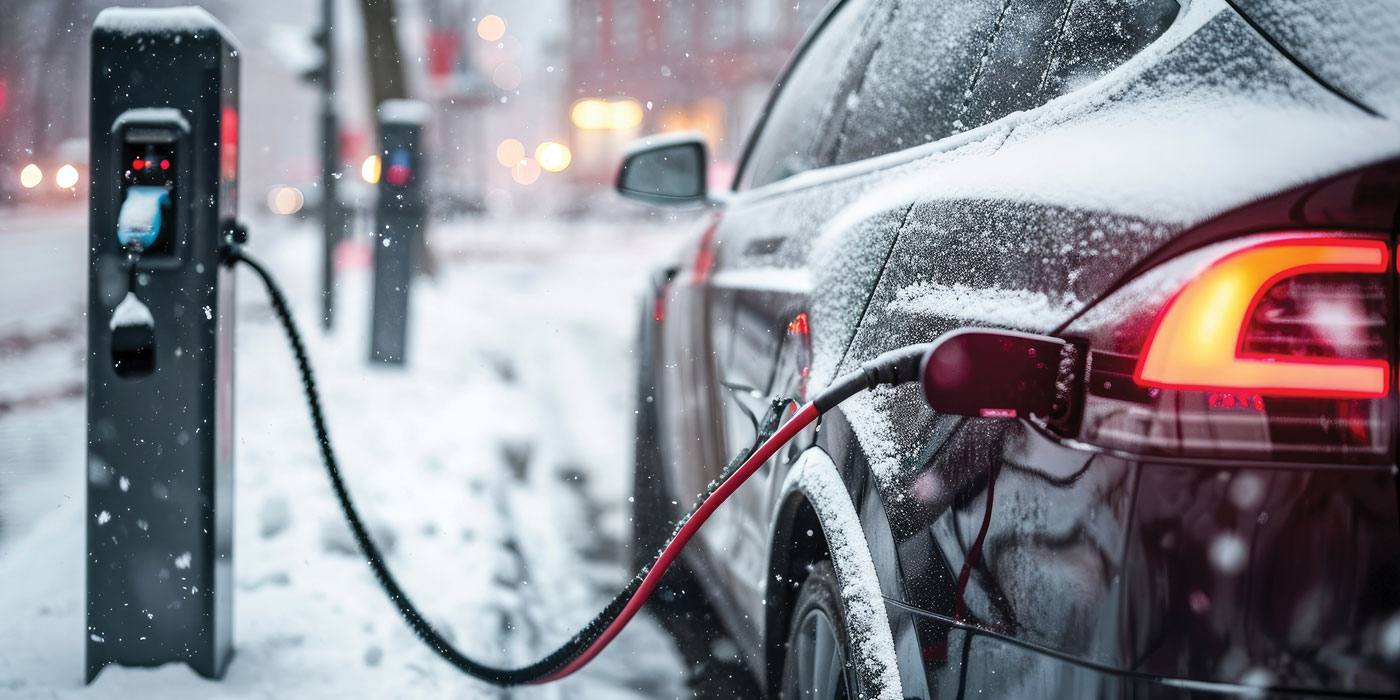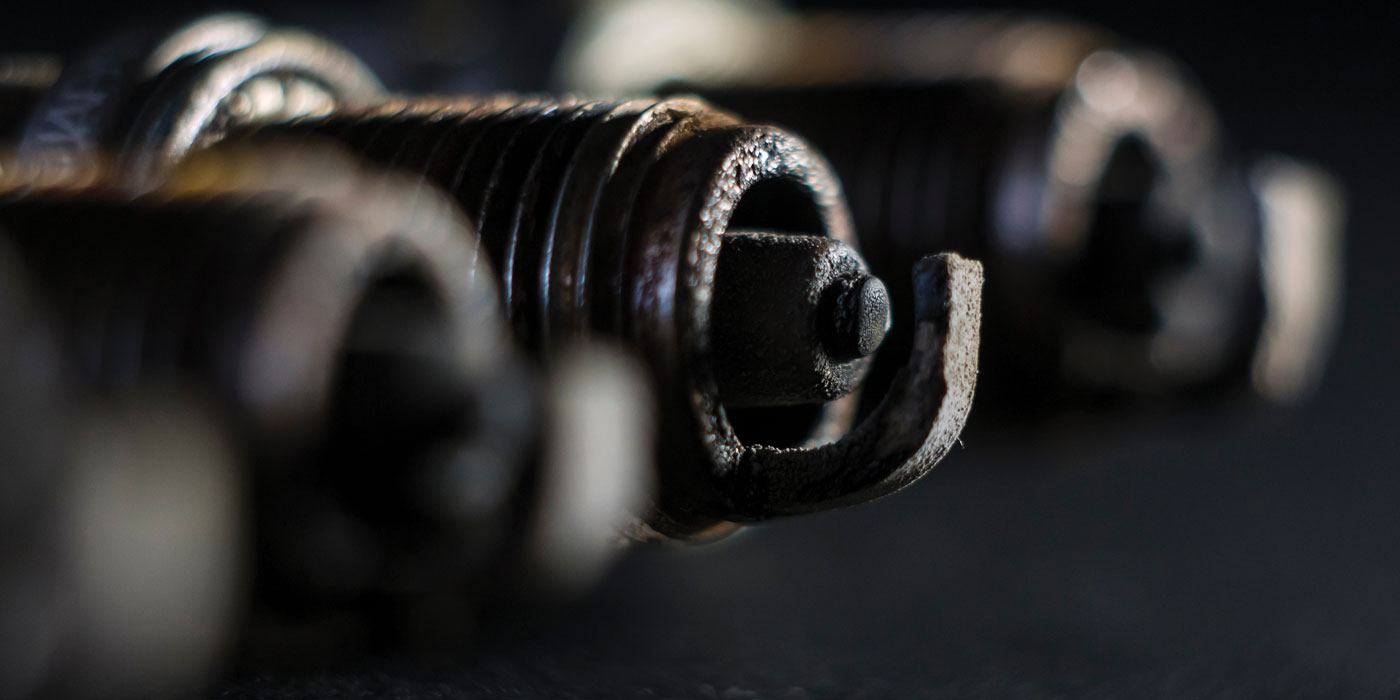There are many ways that a vehicle tries to tell you when there’s something wrong – some of them subtle, some of them not so subtle.
A “Check Engine” light or other malfunction indicator light is a clear signal that there’s an issue that needs to be addressed.
However, other clues – such as an unusual sound, smell or vibration – can be much harder to interpret, depending on the owner’s knowledge and understanding of automotive systems and diagnostics.
For many drivers, it’s tempting to ignore these clues and hope the issue goes away – or pray that the vehicle will remain drivable until they have the time (or money) to take it to a repair shop.
When an engine overheats, hoping and praying go out the window.
An overheated engine is a blatant indication that something is seriously wrong. At the risk of being melodramatic, it’s a cry for help from the engine – often the result of cues (such as that puddle of coolant in the driveway) that were missed or ignored. That cry for help usually comes in the form of steam emanating from under the hood; the temperature gauge indicating that the engine is running hot; and/or a noticeable smell coming from the engine.
As for the causes of an overheated engine, let’s round up some of the usual suspects.
Coolant Leak
As the name implies, coolant helps maintain a consistent temperature that won’t overheat components such as the cylinder head. According to Prestone, coolant touches 17 essential parts of an engine. Not surprisingly, a coolant leak is a primary cause of engine overheating.
A bad head gasket can result in coolant leaking into the combustion chamber or onto the ground.
A cracked or corroded radiator can allow coolant to seep or stream out if the leak gets bad enough.
As rubber coolant hoses get old, they can get hard and brittle, creating small cracks that let coolant escape.
Coolant leaks also can occur at the water-pump-shaft seal, coolant reservoir or heater core.
Restricted coolant flow is another potential culprit. Buildup of mineral deposits and other debris in the radiator can dramatically reduce the ability of the cooling system to do its job. Likewise, buildup in the hoses can slow the flow of coolant, leading to reduced cooling and even clogs in the system from loose corrosion. When coolant flow is restricted, it’s a recipe for overheating.
What can you do to help prevent these situations? Make sure you’re encouraging your customers to follow the vehicle’s recommended flush-and-fill schedule, and to always use the coolant specified by the vehicle manufacturer.
Bad Thermostat
The thermostat regulates the coolant temperature to keep it consistent for efficient engine operation. A conventional thermostat reacts to changes in the coolant temperature based on the status of the wax inside it. When the wax melts, a spring pushes the valve open and coolant flows. When the coolant drops in temperature, the wax solidifies, and the valve closes.
If the thermostat gets stuck in the closed position, coolant won’t pass through the radiator, and the engine becomes overheated. Conversely, when the thermostat is stuck in the open position, the continuous circulation of coolant can lead to a condition known as overcooling. Both scenarios are bad news for an engine.
Water Pump
Since water pumps move such a vast amount of coolant through the cooling system (something like seven gallons of coolant during a driven mile), it stands to reason that a failed water pump will cause the engine to overheat. Without a properly functioning water pump, the cooling system can’t maintain the pressure needed to push coolant to vital engine parts.
One of the biggest causes of water-pump failure is the result of leaks, either around the shaft or from a worn bearing or seal. Debris can enter the system and score the shaft seal, creating a leak path.
Cavitation – tiny bubbles of super-heated vapor inside the water pump – also can cause damage and leaks. Worn belts or tensioners are another potential culprit. A loose belt might not allow the pump to rotate as fast as it should, which then causes the engine to overheat.
Parting Thoughts
Cooling systems in modern vehicles are evolving. We’re seeing new twists on traditional concepts – electronically controlled thermostats, for example – and we’re seeing entirely new components, such as active grille shutters.
Still, the basic premise hasn’t changed. Cooling systems manage the heat produced by the engine. If the system can’t maintain the pressure needed to circulate coolant, the engine will overheat.

